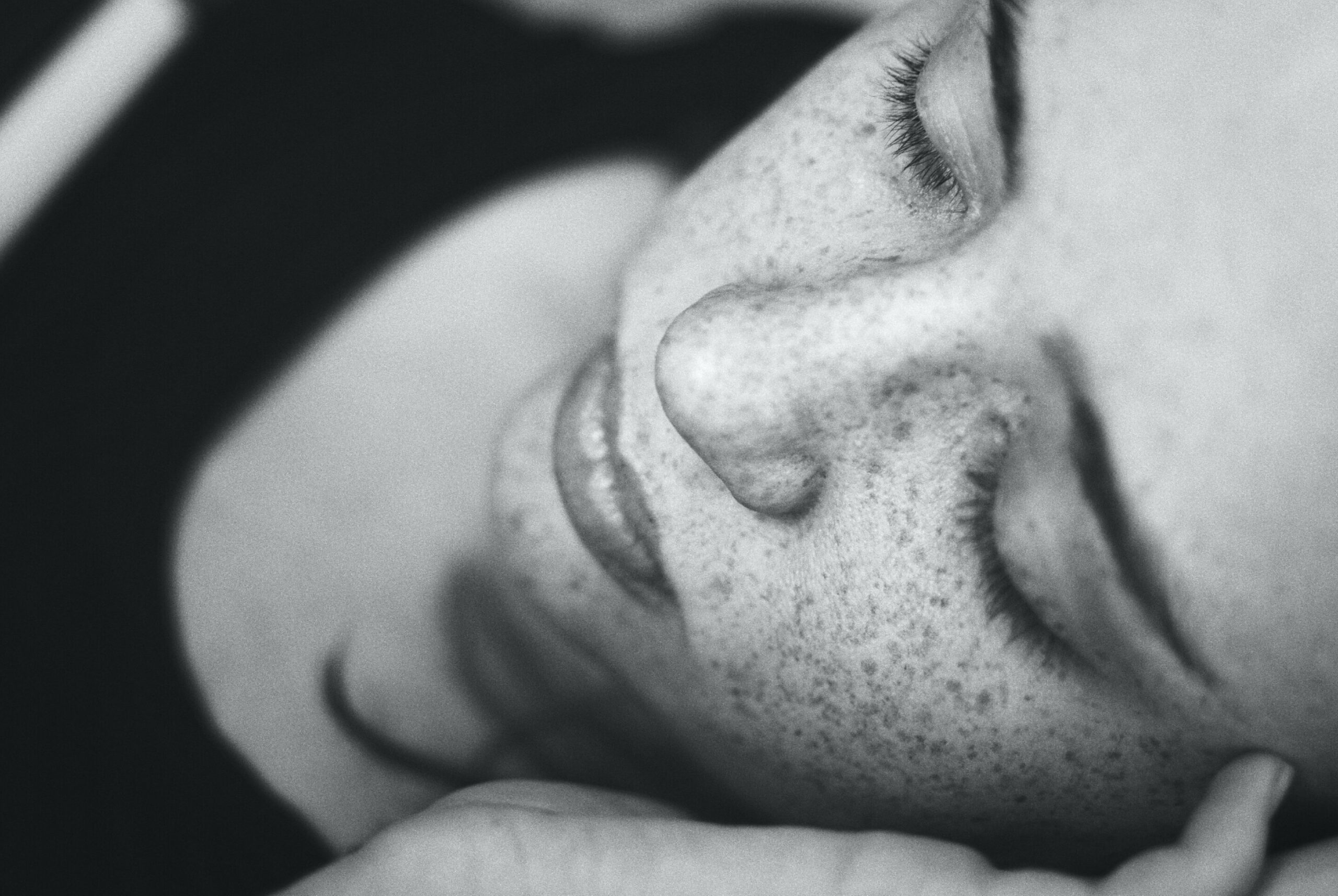Credit: Unsplash/CC0 public domain
For many children, the period between childhood and early adolescence can be difficult.
This transition period is commonly referred to as “pre-adolescence” and can be a vulnerable period for the development of mental health issues, such as anxiety and depression.
So many of our young teens need support to get through this time as they develop. Improving a young person’s sleeping behavior could be a tool to achieve this.
Adequate, good-quality sleep is crucial for mental health and well-being for everyone, from infancy through old age. On the other hand, sleep problems, such as insomnia, recurrent nightmares and breathing problems during sleep, are associated with poorer mental health.
In our study recently published in JAMA Psychiatrywe wanted to understand the role of a range of sleep problems on the emotional and behavioral well-being of preadolescents.
We analyzed data from a longitudinal study of over 10,000 children and their parents or guardians, which assessed children aged 9-11 and again two years later when they were 11-13.
Parents and caregivers were asked about their child’s typical sleep patterns, sleep problems and any changes in sleep, as well as emotional and behavioral problems they were experiencing.
In pre-adolescence, individuals were classified into sleep groups based on the type and severity of sleep problems they were experiencing.
For example, one in four tweens experienced very low levels of sleep disturbance, while the majority (about two in five tweens, or 42%) experienced moderate levels of a range of problems.
A minority experienced difficulty specifically falling asleep and staying asleep through the night (about one in seven, or 16%), or high levels of problems in general (17%).
These groups differ in the levels of emotional and behavioral difficulties they experience – those with more severe sleep problems reported greater emotional and behavioral difficulties.
These issues range from withdrawal and anxiety to instances of aggression and breaking the rules.
When the adolescents were assessed two years later, there was a marked change in the prevalence of sleep problems experienced by adolescents in general.
The number of young teenagers with specific difficulties falling asleep and staying asleep now accounted for a third of the sample and a third experienced low levels of problems.
By contrast, one in five experienced moderate levels of “mixed” problems (compared to 42%).
For most young teens, their sleep patterns have not changed during this transition period. However, a minority of teenagers showed improvements or deterioration in their sleep.
Notably, when teens experienced an increase in their sleep problems, they also experienced an increase in emotional and behavioral problems.
This effect was much stronger for emotional issues (such as feelings of anxiety or depressed mood), highlighting the importance of getting a good night’s sleep for adolescents’ emotional well-being.
When teens’ sleep problems improved, so did their mental health.
Our results indicate that treating sleep problems could be an effective way to improve mental health symptoms in young adolescents, and underscores the importance of good sleep for their mental well-being and may have lasting benefits. throughout adolescence and beyond.
Studies ranging from infants to the elderly show the benefits of healthy sleep for mental and emotional well-being, and may help provide protection against a range of mental disorders.
Other research indicates that good sleep supports physical health, academic performance, and cognition, and can reduce risky behaviors like using hazardous substances and driving under the influence.
Good sleep can also be modeled – research shows that in families where parents sleep well, teenagers are also more likely to get a good night’s sleep.
As a parent or caregiver, there are practical ways to support young teens’ sleep patterns:
- Regular physical activity and exposure to daylight can help regulate circadian rhythms in young adolescents.
- Encourage your teen to avoid caffeine in the afternoon and evening. This can delay bedtime and make it harder to get up in the morning.
- Encourage your teen to unwind with a quiet activity before bed. Try removing screens from the bedroom and minimizing screen-based activity in the evening.
- Encourage a regular sleep schedule, falling asleep and getting up at the same time each day.
- Consult a physician for any sleep issues.
Our study suggests that ensuring and supporting good sleep habits in tweens will continue to benefit their mental health and well-being as they become teenagers and young adults.
So saying “no” to those extra 15 minutes on their phone or “just five more minutes” on the TV is worth doing in order to guarantee your youngsters a good night’s sleep.
More information:
Rebecca Cooper et al, Associations of Changes in Sleep and Emotional and Behavioral Problems from Late Childhood to Early Adolescence, JAMA Psychiatry (2023). DOI: 10.1001/jamapsychiatry.2023.0379
Provided by the University of Melbourne
Quote: Good sleep is key to preteen mental health, study confirms (2023, April 18) retrieved April 18, 2023 from https://medicalxpress.com/news/2023-04-good-key-pre-teen -mental-health .html
This document is subject to copyright. Except for fair use for purposes of private study or research, no part may be reproduced without written permission. The content is provided for information only.

